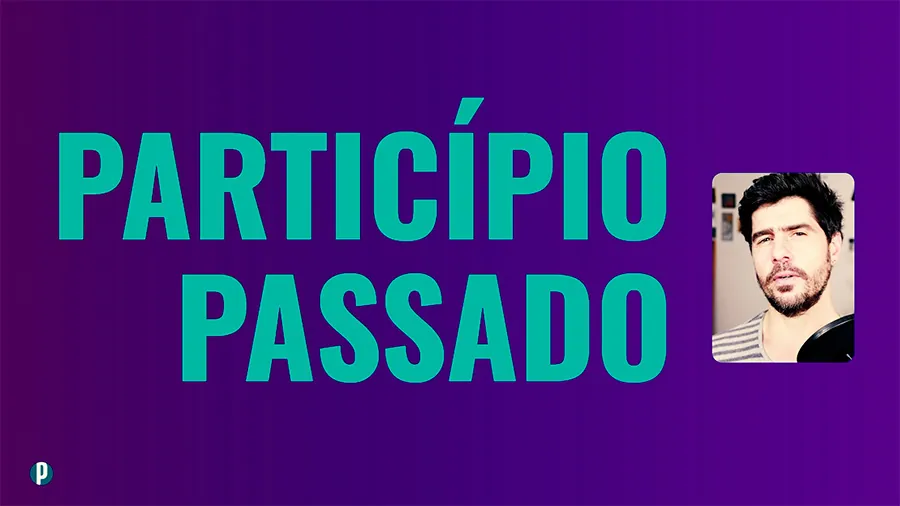ポルトガル語の受動態
Passive voice – as opposed to Active voice – highlights the recipient that is acted upon by the agent of the verb. Accordingly, the recipient of the action (be it a person or thing) becomes the sentence’s subject and is thus under the spotlight. Conversely, the active performer is relegated to second place. Read on.
ポルトガル語の受動態と能動態の文
ポルトガル語では、受動態の文は助動詞で構成されています ser – 現在、過去、未来のいずれかの時制で、主動詞の過去分詞が続きます。
能動態と受動態の構文を比較する例を見てみましょう。
| 能動態 主動詞 (fazer) O Paulo fez um telefonema. パウロは電話をかけた。 受動態 補助動詞 (ser) > 主動詞 (fazer) Um telefonema foi feito pelo Paulo. パウロから電話がかかってきた。 |
上の図からわかるように、能動態の文では、 Paulo は、電話をかける主体(アクション)です。
一方、受動態の文では、電話自体が文の主語となり、 Paulo 受動的な主体(もはや能動的な実行者ではない)です。
受動態は、助動詞が複合動詞構造を成すことを意味します。 ser 主動詞(fazer 上記の例では、過去分詞です。
助動詞 - Ser 時制を示す
デフォルトでは、助動詞は ser – 受動態の文の時制を設定します。これが動詞です ser 現在、過去、未来の時制で活用されます。

Olá! I'm Pedro and I'm your Portuguese teacher.
Learning European Portuguese? Portuguesepedia is an all-in-one platform providing a wealth of learning resources, from bite-sized video lessons to immersive idiomatic dips. Perfect your pronunciation and listening comprehension with listening drills and solidify your grammar with in-depth articles. Start your Portuguese journey today!
Share this article
Get my guide "Key Strategies to Learn Portuguese" for FREE.

